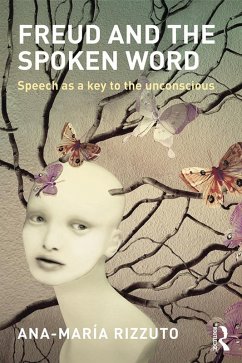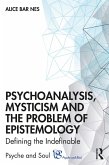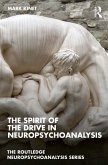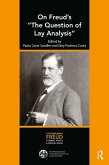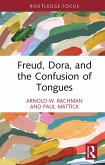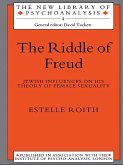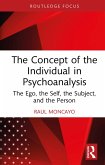Ana- María Rizzuto begins with a close look at Freud's early monograph On Aphasia, suggesting that Freud was motivated by his need to understand the disturbed speech phenomena observed in three of the patients described in Studies on Hysteria. She then turns to an examination of how Freud integrated the spoken word into his theories as well as how he actually talked with his patients, looking again at the Studies in Hysteria and continuing with the Dora case, the Rat Man and the Wolf Man. In these chapters, the author interprets how Freud's report of his own words shed light on the varying relationships he had with his patients, when and how he was able to follow his own recommendations for treatment and when another factor (therapeutic zeal, or the wish to prove a theory) appeared to interfere in communication between the two parties in the analysis.
Freud and the Spoken Word examines Freud's work with a critical eye. The book explores his contribution in relation to the spoken word, enhances its significance, and challenges its shortcomings. It is written for psychoanalysts, psychotherapists, Freud's scholars and academics interested in his views on the words spoken in life and in psychoanalysis.
Dieser Download kann aus rechtlichen Gründen nur mit Rechnungsadresse in A, B, BG, CY, CZ, D, DK, EW, E, FIN, F, GR, HR, H, IRL, I, LT, L, LR, M, NL, PL, P, R, S, SLO, SK ausgeliefert werden.

